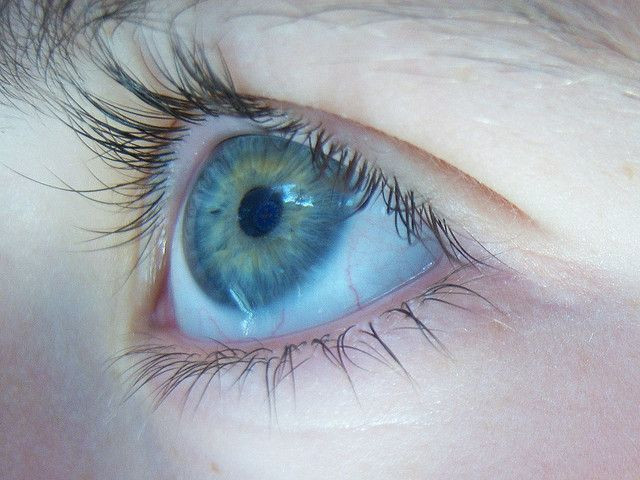Eye Movements Won't Tell if You Are Lying

For ages, people have believed that typical eye movements indicate that one is lying. But a new study says that this assumption is false and there is no conclusive evidence to support this claim.
"A large percentage of the public believes that certain eye movements are a sign of lying, and this idea is even taught in organisational training courses. Our research provides no support for the idea and so suggests that it is time to abandon this approach to detecting deceit," said Caroline Watt of the University of Edinburgh, one of the authors of the study.
The present study results are based on three experiments done by the researchers from the U.K and Canada.
In the first experiment, researchers tracked eye movements of participants when they were lying; in the second experiment, researchers gave information about eye movements to the test group participants (the control group received no such information); in the third experiment, researchers analyzed high profile press conferences of truth-tellers and liars.
None of the studies supported the claim that eye-movements can be correlated to lying.
Medical Daily had earlier reported a study that said that people who lie tend to move their eyes twice as often as people who tell the truth. This happens because when people are lying, they tend to think more than others.
The idea that eye movements can show if the person is lying or not is supported by proponents of Neuro-Linguistic Programming (NLP).
"This work is the first to experimentally test the claims made by NLP practitioners about lie detection. The results provide considerable grounds to be skeptical of the notion that the proposed patterns of eye-movements provide a reliable indicator of lying. As such, it would seem irresponsible for such practitioners to continue to encourage people to make important decisions on the basis of such claims," the authors wrote.
The study was published in PLoS ONE.



























